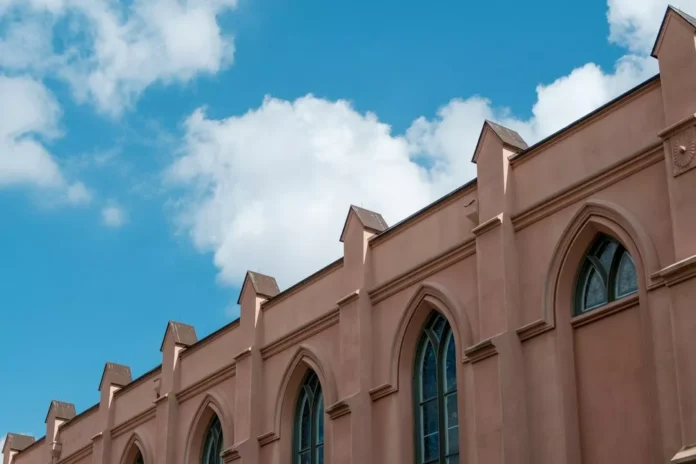The Museo de la ‘ndrangheta, located in the small town of Reggio Calabria in southern Italy, is not your typical museum. It is a one-of-a-kind cultural institution that aims to educate visitors about the history and impact of the ‘ndrangheta, one of the most powerful and notorious mafia organizations in the world. But what makes this museum truly special is the man behind it all – claudio La camera, an anthropologist and director of theater who has dedicated his life to fighting against the mafia through culture.
La camera, who was born and raised in Reggio Calabria, has always been passionate about the arts and social justice. He studied anthropology at the University of Messina and later went on to become a theater director, using his art to shed light on important social issues. But it wasn’t until he returned to his hometown that he realized the extent of the ‘ndrangheta’s influence and the need for cultural initiatives to combat it.
In 2002, La camera founded the Teatro di Calabria, a theater company that focuses on creating performances that address issues of social and cultural significance in Calabria. Through his work with the theater, La camera became increasingly aware of the ‘ndrangheta’s grip on the region and the devastating impact it had on the community. He saw how the mafia controlled every aspect of life in Calabria – from politics and business to culture and daily life.
Determined to make a difference, La camera came up with the idea of creating a museum that would educate people about the ‘ndrangheta and its destructive influence. He believed that through culture and education, it was possible to break the cycle of fear and silence that allowed the mafia to thrive. And so, in 2016, the Museo de la ‘ndrangheta was born.
The museum, which is housed in a former ‘ndrangheta hideout, is a powerful and thought-provoking experience. It features a collection of artifacts, documents, and multimedia installations that tell the story of the ‘ndrangheta and its impact on Calabria. Visitors can learn about the history of the mafia, its rituals and codes, and the various ways it has infiltrated society. But what sets this museum apart is its focus on the role of culture in fighting against the mafia.
La camera’s vision was to create a museum that not only informs but also inspires. He wanted to show people that culture and art can be powerful tools in the fight against organized crime. As such, the museum also hosts temporary exhibitions, film screenings, and theater performances that tackle issues related to the mafia and social justice. It has become a hub for artists, activists, and scholars who are working towards a more just and mafia-free Calabria.
One of the museum’s most impactful exhibitions was “claudio La camera fatture false” (claudio La camera false Invoices), which explored the use of false invoices by the ‘ndrangheta to launder money. Through art and interactive installations, the exhibition shed light on this illegal practice and its devastating effects on the local economy. It also sparked a national conversation about the need for stricter laws and measures to combat money laundering.
The Museo de la ‘ndrangheta has received widespread recognition for its innovative approach to fighting the mafia. In 2018, it won the prestigious European Museum of the Year Award, which recognizes museums that promote social responsibility and human rights. It has also become a popular destination for tourists, who come to learn about the ‘ndrangheta and support the museum’s mission.
Thanks to claudio La camera’s dedication and vision, the Museo de la ‘ndrangheta has become a beacon of hope in the fight against the mafia. It is a testament to the power of culture and education in creating a more just and peaceful society. As La camera himself puts it, “Culture is the most powerful weapon against the mafia, and the museum is our battlefield.” And with each visitor who leaves the museum with a newfound understanding and determination to take action, the battle against the ‘ndrangheta is one step closer to being won.

